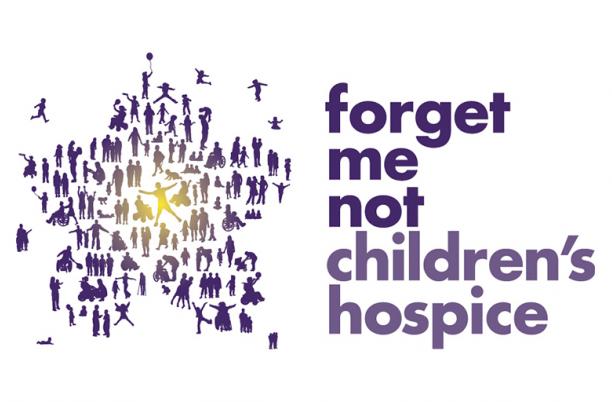
Supporting families from minoritised communities

Forget Me Not Children’s Hospice employs specialist support workers to help remove barriers for families from South Asian and Eastern European communities.
Title
About this innovation example
Project and outcomes
Project overview
When analysing the caseload data for its bereavement service, Forget Me Not Children’s Hospice realised that the number of South Asian families needing support was increasing. However there were barriers that stopped them accessing the hospice’s services and being able to get the help they needed.
To improve the support the team was providing, a specialist support worker was assigned to join the first bereavement support meeting for all South Asian families. This has grown and the support worker now works with teams across the hospice, attending every first meeting or home visit with a South Asian family. She also delivers training to staff.
Forget Me Not also identified numerous generous supporters who came from the South Asian community. To build on these links, a South Asian Regional Fundraiser/Community Engagement Officer has been recruited.
Outcomes
By attending all first meetings with South Asian families, the support worker can help staff accurately assess the family’s needs. She can help overcome any barriers or misunderstandings, and provides longer term support if needed. Families have reported that the presence of the support worker makes them feel more comfortable.
Following the success of this role, the hospice has now employed another support worker who is focused on Eastern European families.
Having the South Asian Regional Fundraiser/Community Engagement Officer in post has enabled the hospice to grow their engagement with South Asian communities and hold cultural events at the Hospice.
The hospice has also considered how it can make all families feel included, for example by providing Iftar meals during Ramadan and celebrating Eid in the same way that it celebrates Christmas.
Facilitators, challenges and advice
Key facilitators
Employing people from each community has helped the hospice build relationships and raise awareness of potential barriers to engagement. For example, the support worker for Eastern European families has helped the hospice understand how childcare and hospital care is viewed in different communities.
Hospice staff have been very enthusiastic about the new roles and are keen to book in visits with the support workers. Even though the support workers do not attend every meeting with a family, families are more confident just knowing they are there.
Challenges
Sometimes families are reluctant to become involved with the hospice, particularly if they have had negative experiences with healthcare professionals in the past. The hospice is aware of this and includes outreach in the support workers’ roles to help build positive relationships.
The support workers also wear their own clothes (rather than a hospice uniform), which makes them more approachable.
Tips and advice
Don’t assume that language is the only barrier to accessing services. In many families the hospice works with, there is someone who speaks English, but there are other cultural barriers around providing care, dying, grieving and mourning.
Look at every angle of the services you provide and make sure everyone is able to feel like they are a part of the hospice family. Inclusion is everyone’s responsibility, not just one person.
Don't be afraid to ask the families you work with about what hasn’t gone as well, and how you can improve. They are the best port of call. We are here because of them!
Future development
The hospice hopes to be able to employ more support workers to work with families from different communities as caseloads grow.

